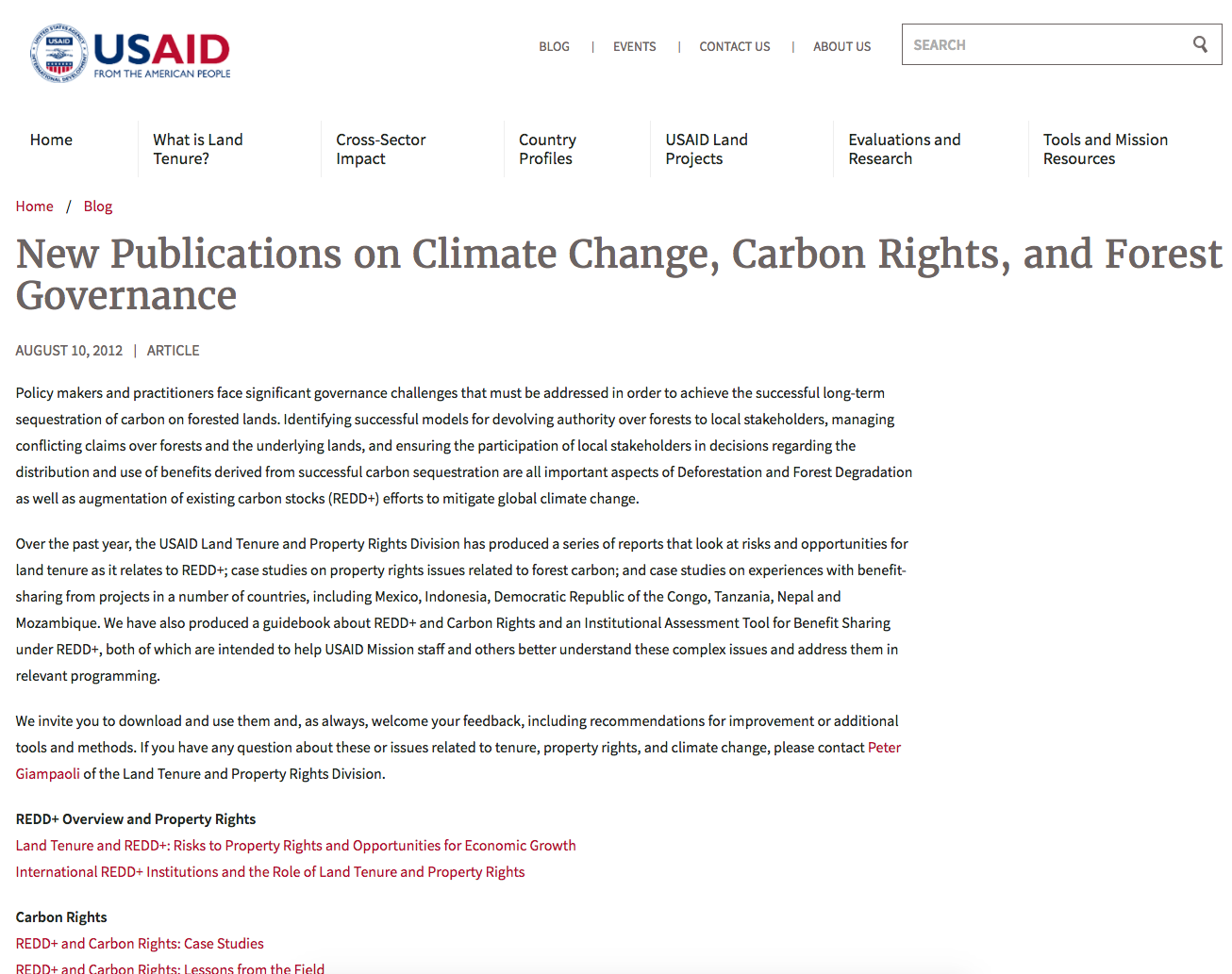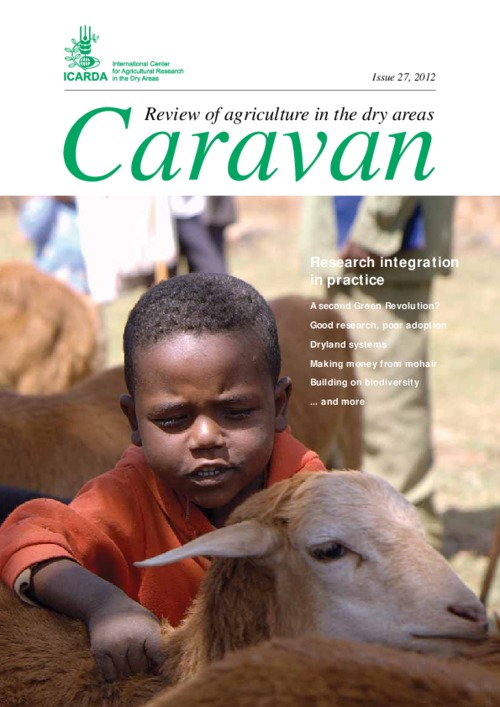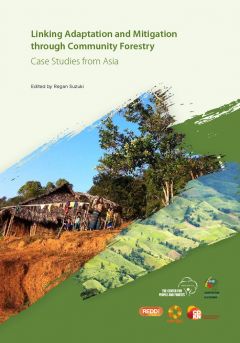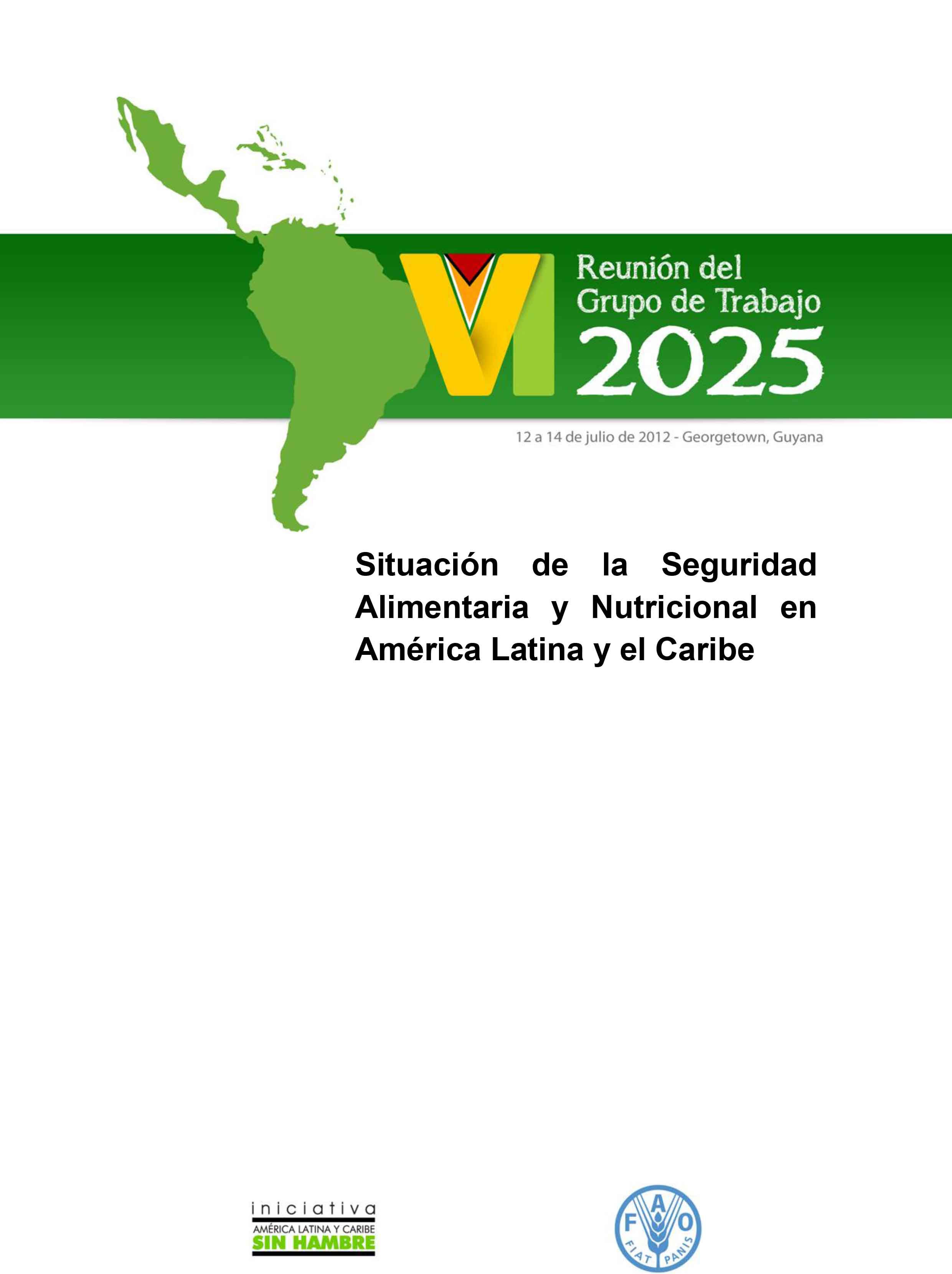Carbon Labeling and Poor Country Exports
Carbon labelling is being adopted by
private firms as a mechanism for mitigating climate change.
Such schemes are likely to have a significant impact on
low-income country exports due to the need for
transportation and the small size of their exporters.
However, transport emissions may be offset by favorable
production conditions and size bias may be reduced. The
design and implementation of carbon labelling will need to





